Donald Trump’s Syria Attack Tramples Many Laws
President Trump's assault on Syria was illegal under both U.S. and international law, and the American mainstream media's celebration of his rush to judgment sent him a frightening message: Bombing makes you popular.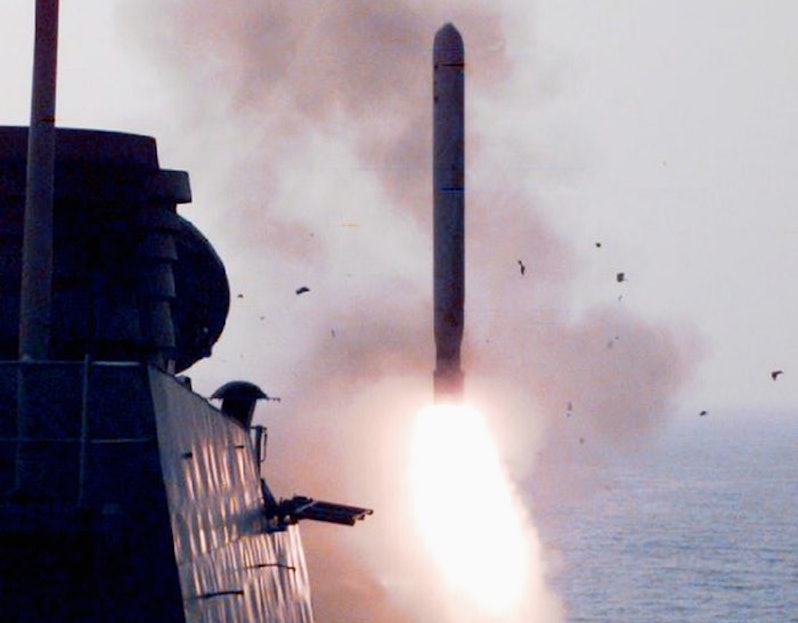 A Tomahawk missile launches from a U.S. Navy vessel in this undated photo. (U.S. Navy)
1
2
A Tomahawk missile launches from a U.S. Navy vessel in this undated photo. (U.S. Navy)
1
2

A Tomahawk missile launches from a U.S. Navy vessel in this undated photo. (U.S. Navy)
Independent journalism is under threat and overshadowed by heavily funded mainstream media.
You can help level the playing field. Become a member.
Your tax-deductible contribution keeps us digging beneath the headlines to give you thought-provoking, investigative reporting and analysis that unearths what's really happening- without compromise.
Give today to support our courageous, independent journalists.
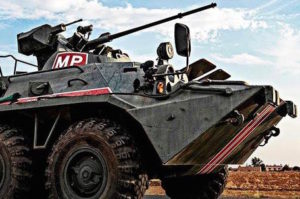
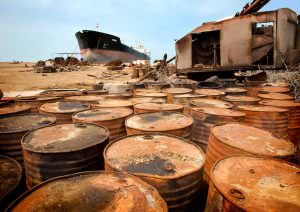
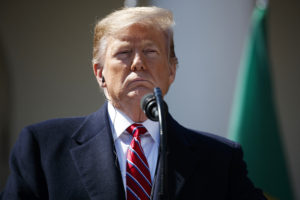
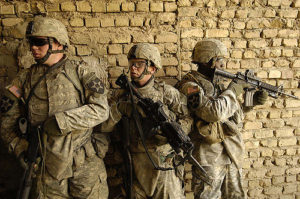
You need to be a supporter to comment.
There are currently no responses to this article.
Be the first to respond.